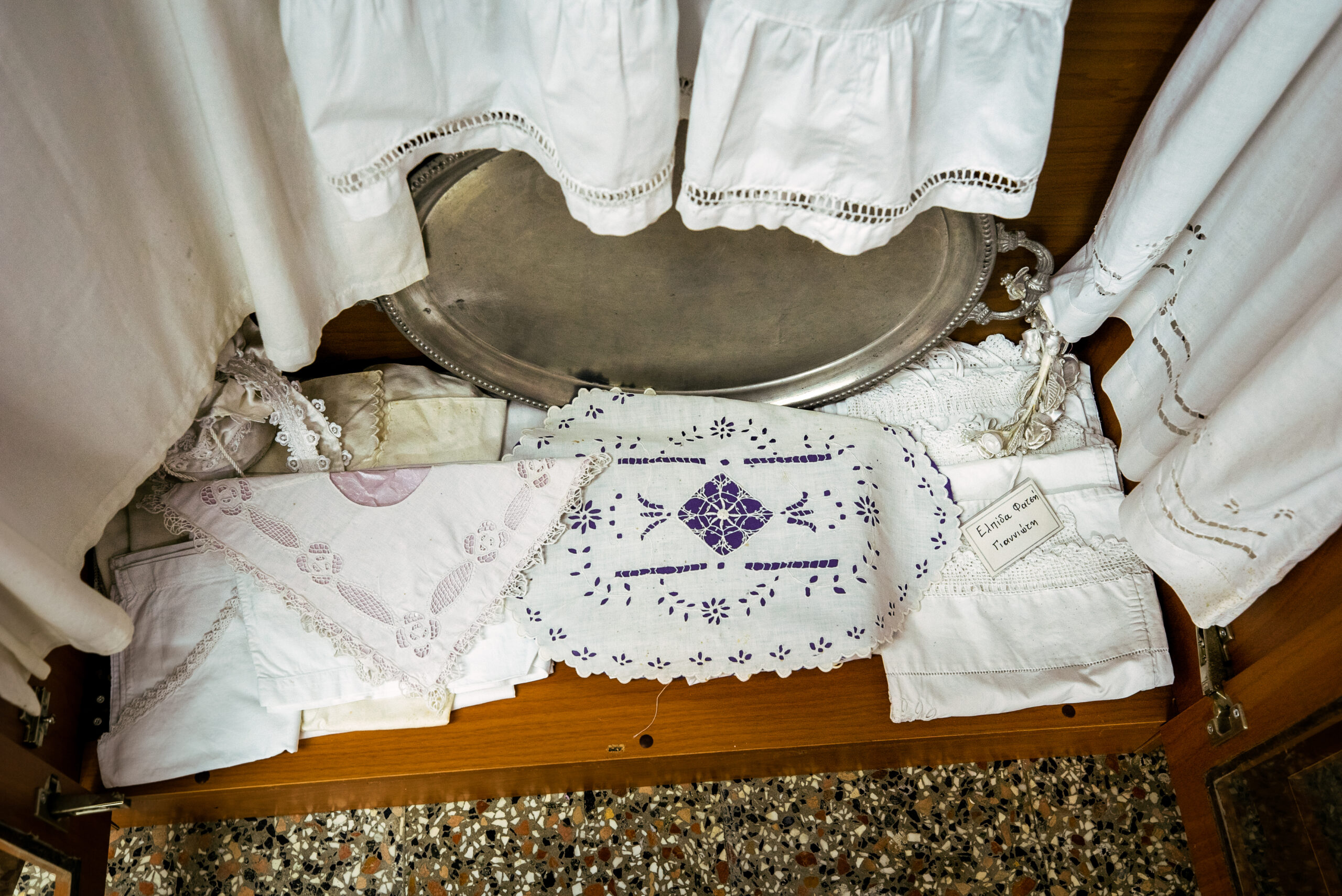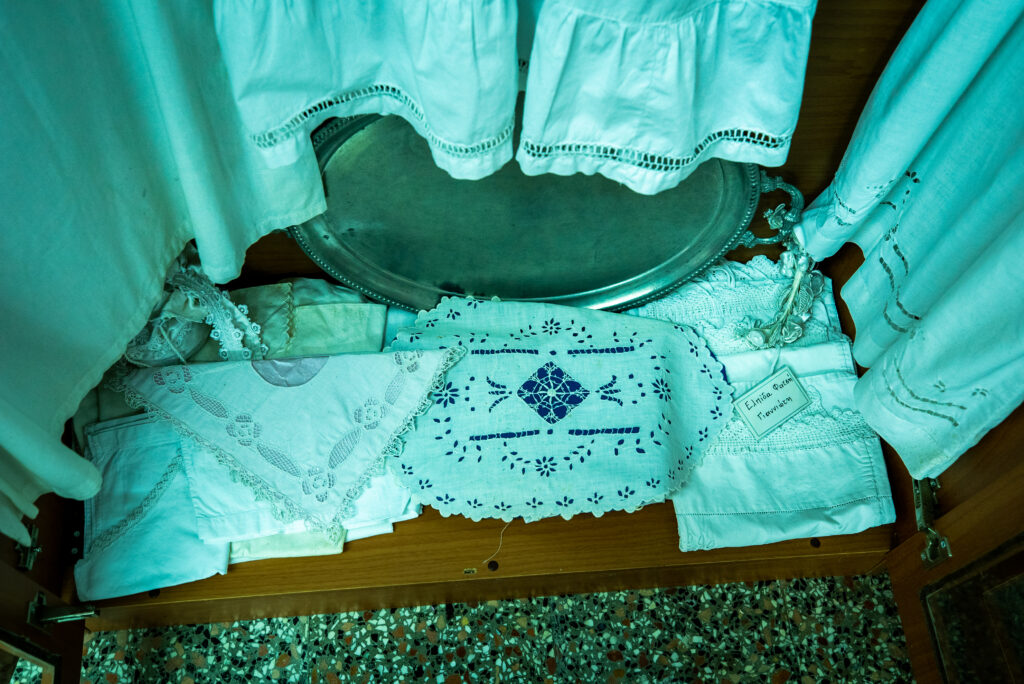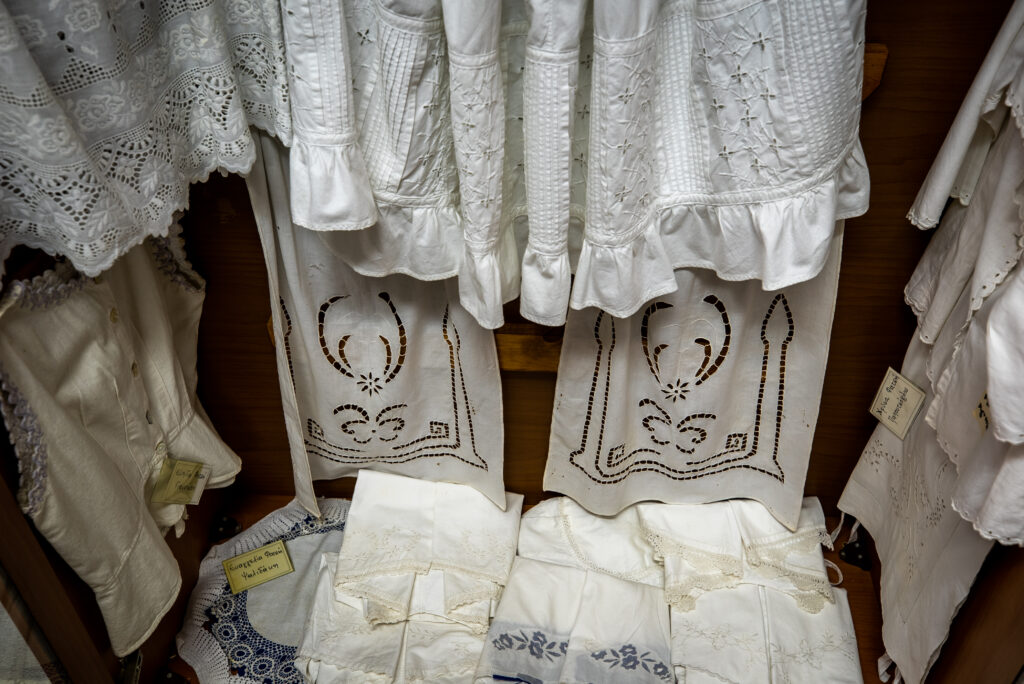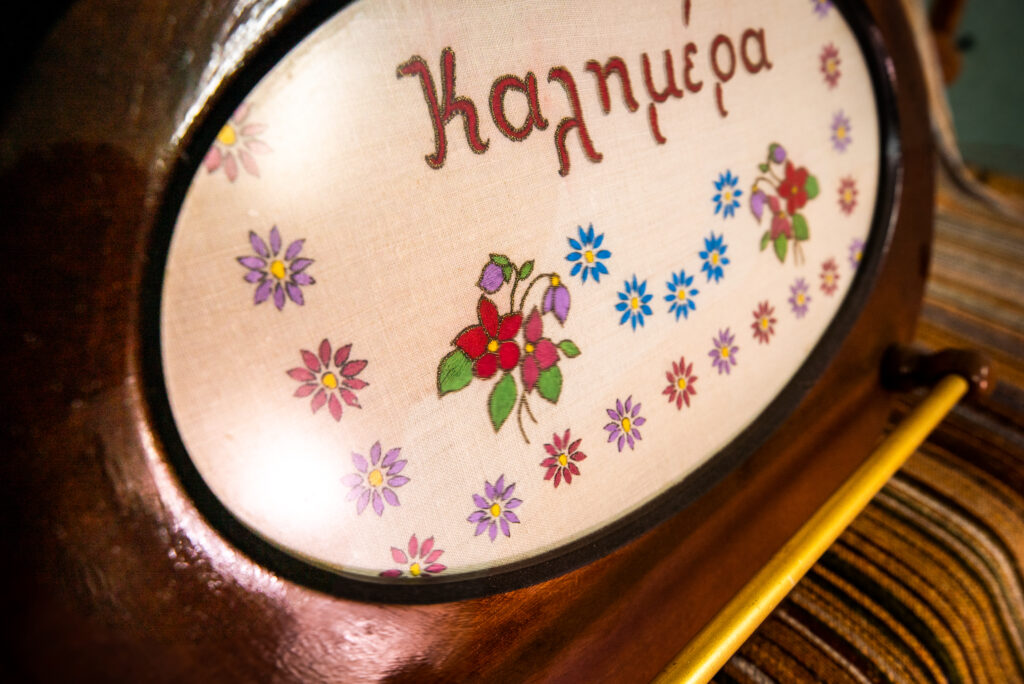Englezonisi (Uzunada) is the largest island of the Gulf of Smyrna island cluster. Before September 1922, its population of 2,000 comprised almost exclusively Greek-speaking Christians, with the men mainly employed as fishermen and boat owners. The residents of Englezonisi owned 50 fishing boats and 25 larger boats which transferred cargo to Smyrna. It was these vessels that carried not only the owners and their families, but also their compatriots to Greece as refugees. A large percentage of refugees from Englezonisi settled in Magnisia, mainly in the area of Nea Ionia in Volos. According to historical narratives, many of the residents of Englezonisi arrived at the port of Volos on their own boats. In 1924, the refugees from Englezonisi established their first solidarity association. Its objective was to help its members navigate the new realities created by their refugee state and support their efforts to resettle and integrate. The association remained active until the outbreak of the Second World War.
In 1988, the second-, third- and fourth-generation descendants of the Englezonisi refugees founded the ‘Englezonisi’ Cultural Association of Asia Minor Refugees to Nea Ionia, Magnisia. They were spurred by a determination to share their memories, stories, and traditions, the need to bring younger generations into contact with their family past and, at the same time, the will to create an extroverted organization which would enable them to establish a connection not only with the local community in their city, but also with other refugee associations throughout the country. The association hosts a choir for adults and offers dance classes for the youth, releases publications and organises events. In addition, a small exhibition of household objects, clothes, and linen brought over by the refugees is housed at the association’s offices. Among the exhibits displayed, you can see handmade embroideries and other items which were part of girls’ and women’s dowries.
—
References
Theodoros Proias, Aigklaizonisi of ancient Klazomenai, Association of Aigklaizonisi refugees to Nea Ionia, Magnisia, Volos 1998. [in Greek]





